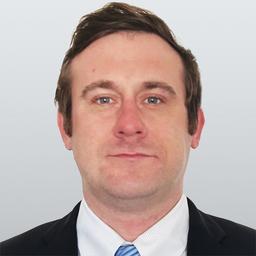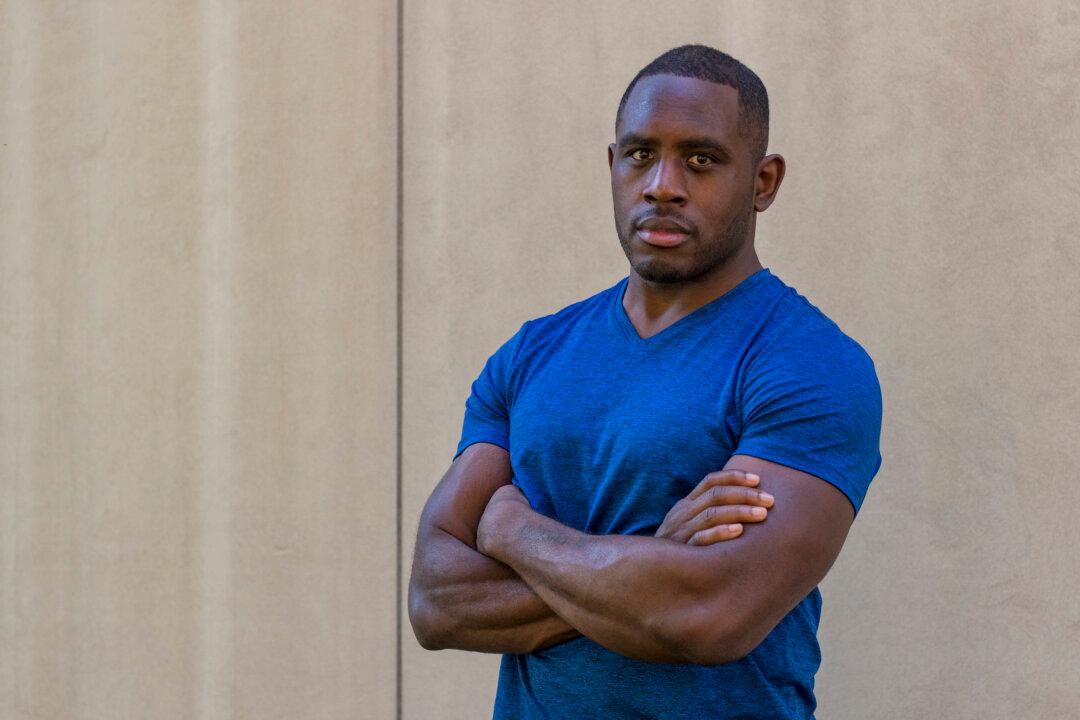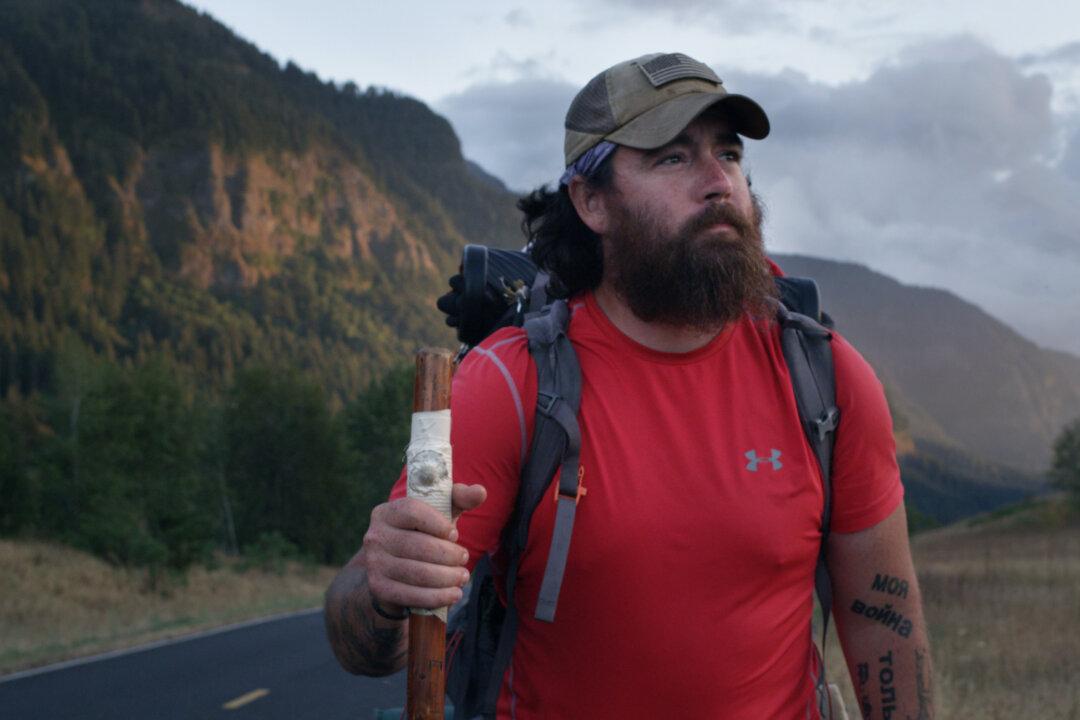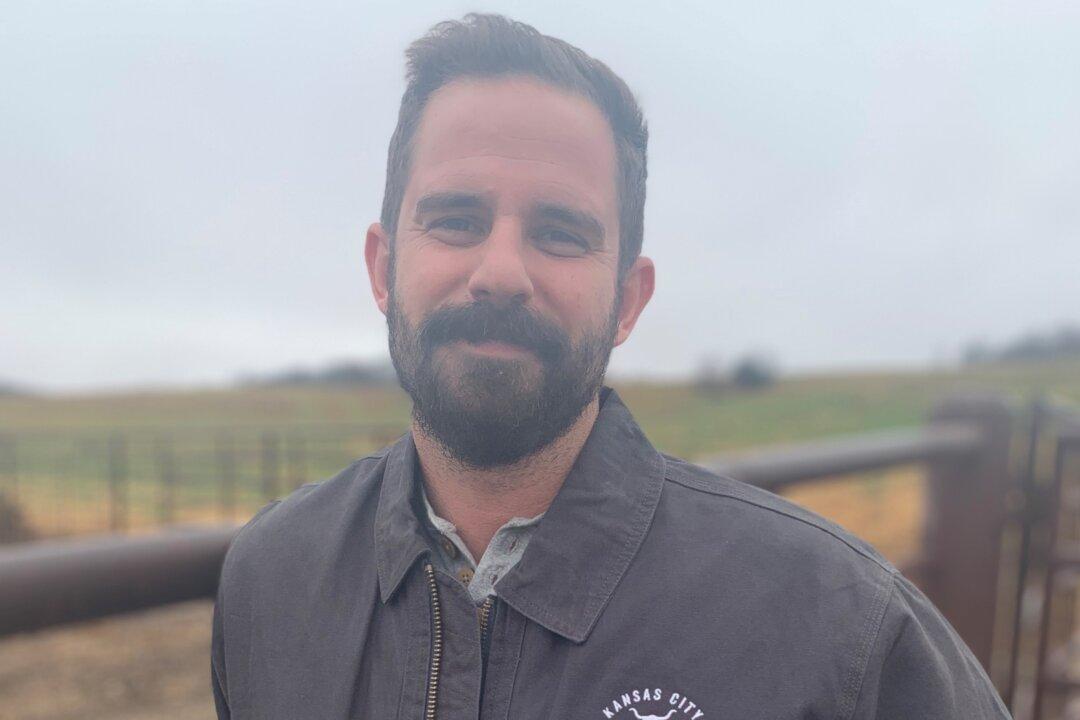A new treatment at Nationwide Children’s Hospital has increased the survival rate for babies facing a chronic lung disease from four in five to 99 in 100.
Babies who are born prematurely can experience an array of health problems, and one of the most common is bronchopulmonary dysplasia, also known by the acronym BPD.






